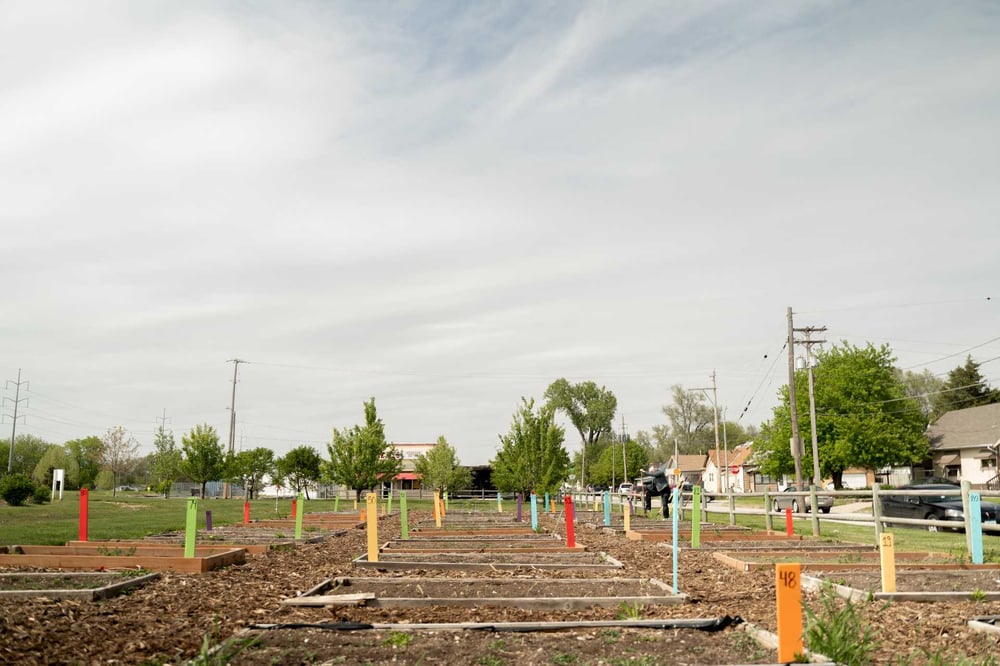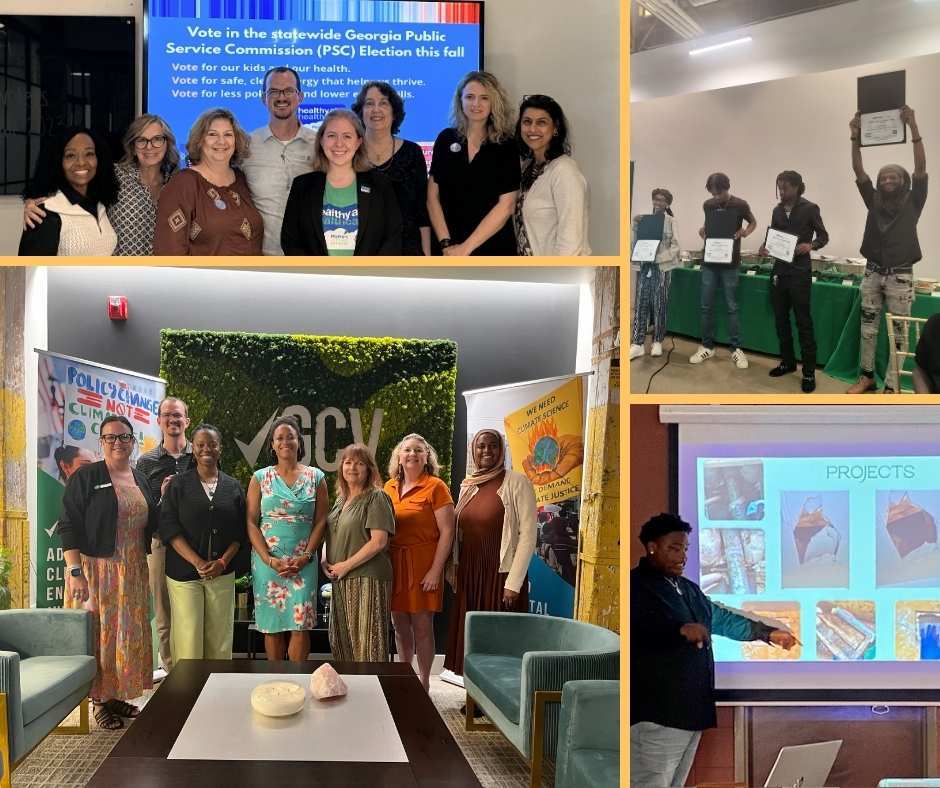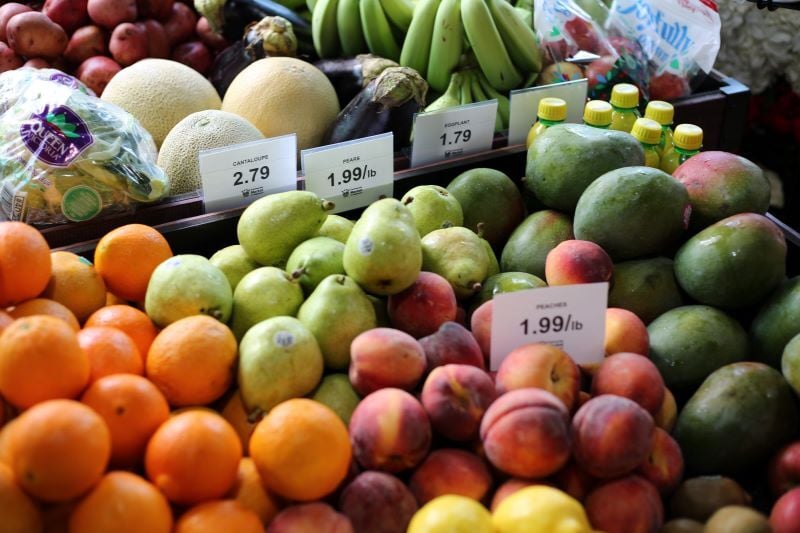Food is medicine. Many of us are familiar with that phrase. But what a lot of people don’t know is that food is medicine for our personal health and the health of our planet.

Photo by Ella Olsson on Unsplash
Plant-Forward Diets Protect From Disease
Time and again, the dietary pattern most consistently shown to protect us from disease is what many people refer to as a “plant-forward” diet. Plant-forward diets emphasize whole-food, plant-based options as the main course (and most sides) for all of our meals. Cutting out, or at the very least, cutting back on meat and dairy makes us healthier.
Study after study clearly demonstrates that when we eat mostly fruits, vegetables, nuts, whole grains, and legumes, topped with delicious herbs for seasoning, we limit our risks for a whole host of medical conditions. From heart disease, stroke, obesity, high blood pressure, diabetes, to many types of cancer, treating our bodies with a plant-forward diet is one of the best prescriptions not only to prevent, but also to manage, and sometimes even reverse these health problems. By some estimates, suboptimal diets cost the United States healthcare system about $50 billion a year.
Plant-Forward Diets Protect the Planet
Not surprisingly, it turns out that the dietary pattern healthiest for our bodies is also the one that is healthiest for our planet.
Reduced Greenhouse Gas Emissions
As it stands, greenhouse gas (GHG) emissions for meat and dairy production far outweigh the emissions for plant-based food products. (Check out this informative chart for a clear illustration of the difference in GHG emissions for a variety of meat- and plant-based food products, not to mention the impact of our current agricultural system on environmental pollution, land and water use, and biodiversity loss.)
More Food and Decreased Ecological Footprint
According to data from the EAT-Lancet Commission, a group of leading scientists working to outline the parameters of a healthy sustainable food system, a global shift toward plant-forward diets could feed the world’s growing population and decrease our ecological footprint while preventing close to 11 million deaths per year from costly chronic diseases.
Plant-Forward Diets and Georgia
At home in Georgia, researchers with Drawdown Georgia estimate that we could make a big dent in our carbon footprint if one-quarter of us shift to a healthier, plant-forward diet or reduce our meat consumption by 25%. By making this change alone, we can reduce emissions by 1 megaton, or 1 million metric tons (the equivalent of the greenhouse gas emissions produced by more than 217,000 gasoline-powered passenger vehicles in a year). As we make this dietary improvement, our air and water quality would improve. We’d also see lower healthcare costs from healthier Georgians with lower risks for diabetes, heart disease, and obesity.
An array of resources for climate and health-friendly eating plans, such as the Whole Food Plant-Based Plate, Planetary Health Diet, Menus of Change, and Reset the Table, can help us learn more about how to best adapt our diets to optimize sustainability, limit saturated fat intake, and transform our health.
Focusing on Health Equity
To ensure that “climate-healthy” dietary solutions are centered with health equity at the foundation, community programs that serve all communities including those that have been marginalized and under-resourced must be supported throughout Georgia. Grady Health System’s Food as Medicine initiative serves as one model for community and health system collaboration that provides access to the benefits of healthy, plant-forward diets among food-insecure communities through culturally aligned dietary education and prescriptions.
 Photo by Tim Umphreys on Unsplash
Photo by Tim Umphreys on Unsplash
Addressing Food Waste & Reducing GHG Emissions
Along with other robust interventions, addressing food waste can function as a tool to help tackle both food insecurity and mitigate carbon pollution. Georgia’s Environmental Protection Division estimates that we send about 800,000 tons of food waste to the landfill each year. When we are mindful of buying more local produce, purchasing only what we know we will eat, and donating food instead of throwing it in the trash, our actions can help alleviate the food insecurity crisis in some measure for fellow Georgians and can lead to beneficial environmental impacts.
Drawdown Georgia estimates that if we prevent just 12% of our food waste, Georgians could reduce our carbon footprint by another megaton. If we take it one step further and divert about 2 million tons of our organic waste - like lawn clippings and food scraps - to composting rather than the landfill, that saves Georgians one more megaton, bringing our carbon footprint reduction from just these three changes to 3 megatons. This is the equivalent of taking more than 652,000 gasoline-powered passenger vehicles off the road for a year).
From personal to planetary health, food plays a powerful role in curbing our risk for major chronic illnesses and our outsized carbon footprints.
How we eat, where we buy, and how we discard our food is medicine – for ourselves, our families, and our planet.
As a physician, there’s no stronger prescription I can give.









